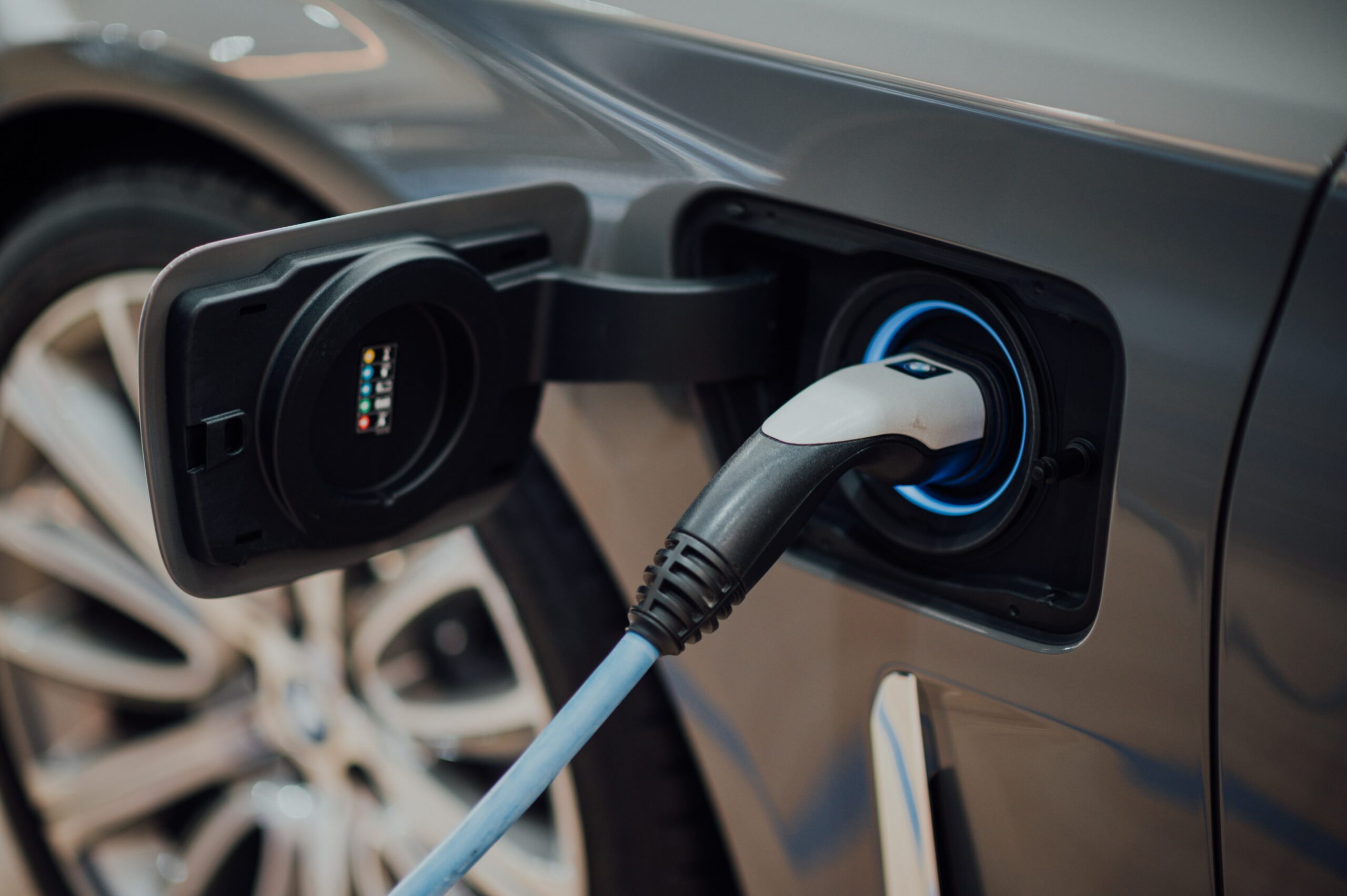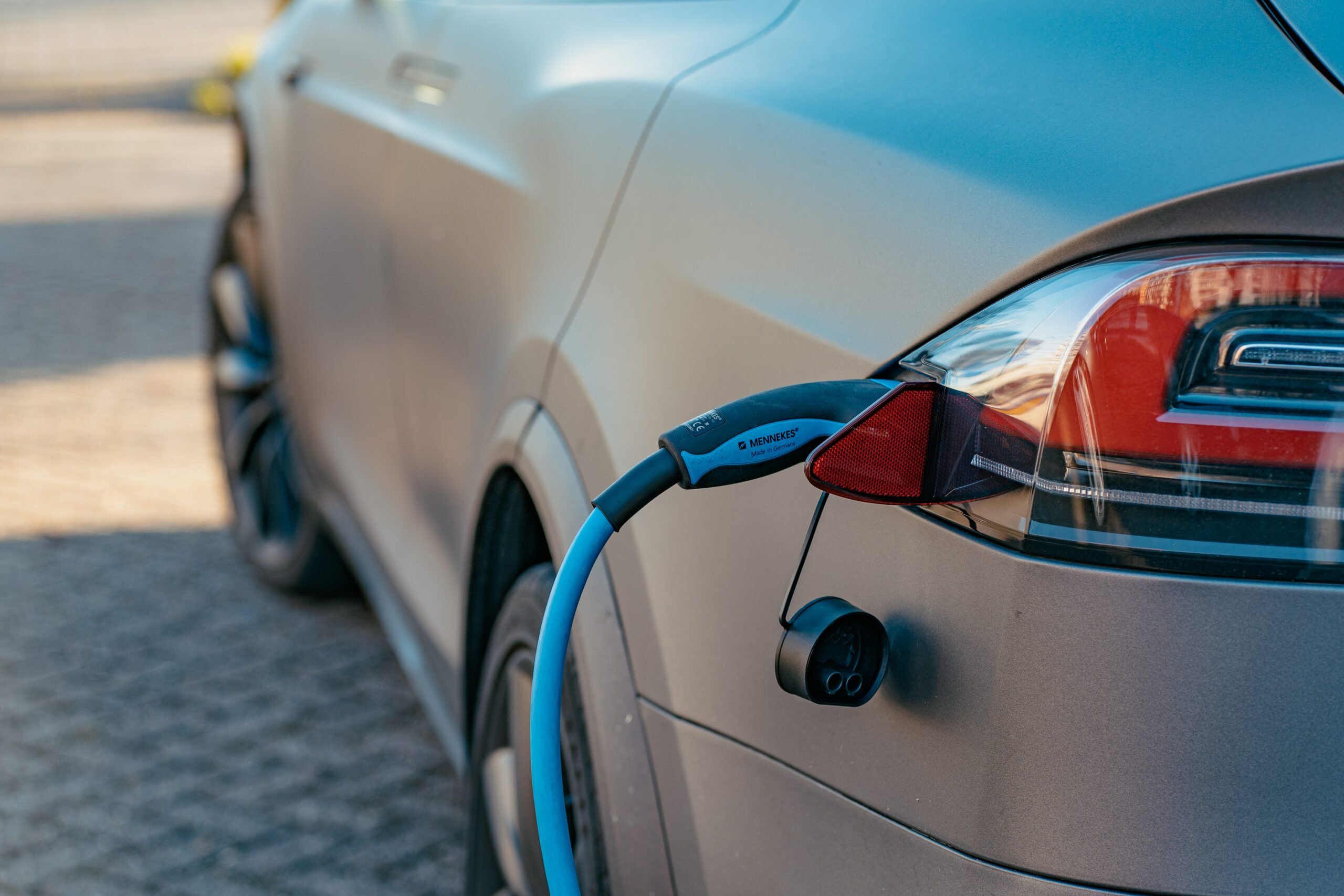As we see more and more people switching to electric vehicles with the 2030 deadline limiting non electric car sales fast approaching, large numbers of managing agents are enquiring about EV charging points on behalf of freeholders and leaseholders. These enquiries tend to include questions such as how does leasehold law affect the installation? Who pays for the installation? How is power paid for?
Within this post Brady Solicitors look into these questions and provide advice on managing the increasing enquiries regarding electric vehicle charging points.
The impact of leasehold law on the installation of electric vehicle charging points
When thinking about installing EV charging points, like most things property management related, the place to start is the lease. It is unlikely that it will include specific details around EV charging points, but it will establish who owns the space where the charging point is needed and whether the leaseholder need to apply for a Licence to Alter.
Managing agents may also want consider a Deed of Variation, as at present EV charging points may be an ‘improvement’ to the property, rather than falling under repairs and maintenance, which could be covered by the service charge.
Who pays for the installation?
If parking spaces are allocated to each flat, is this an informal allocation or are they demised to the property? If the later, then the leaseholder should be able to apply for an EV chargepoint grant of £350 or 75% of the cost, whichever is lower.
If parking spaces are available on a first come, first served basis, then you could initiate a major works consultation under the section 20c process. This would be done with a view to installing a shared EV charging facility and recovering the costs through the service charge.
How is power paid for?
This is a practical hurdle, as apportioning the cost of electricity in shared EV parking facilities across the properties is unlikely to be viewed as fair. Unless the electricity connection between the charging point and the property is clear cut, you may need to consider one of the ‘pay as you go’ systems you tend to see within public car parks. These could allow for power usage to be charged back to the leaseholder’s property.
Our advice
Although retro fitting EV charging units to existing residential developments takes a bit of time and consideration, the number of requests for them is only likely to increase, as the number of electric car owners rises. We would therefore encourage freeholders, RMCs, and their managing agents to be proactive and have a plan for EV charging, with a policy in place for responding to leaseholder requests. However, as usual, the key here is the lease and it is important to have legal support that understands the challenges of block management involved from the start.



